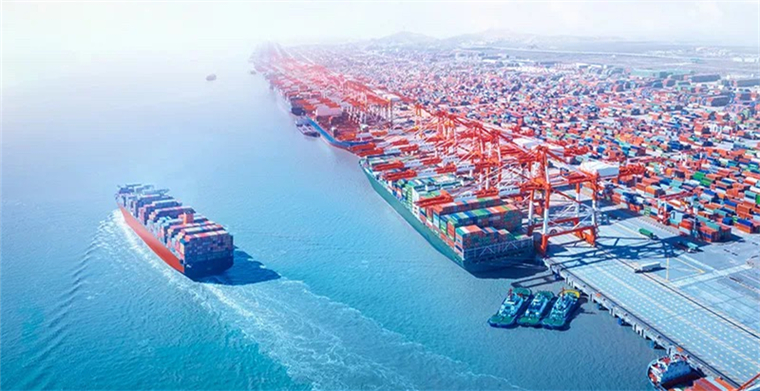Saudi Arabia is the largest consumer market in the Middle East. As much as 60% of the imported goods in the Middle East are consumed in Saudi Arabia, and more than 50% of Dubai's products are re-exported to Saudi Arabia. Therefore, Saudi Arabia is an important market for Chinese export enterprises. However, since January 2019, the Saudi Standards, Measurement and Quality Organization (SASO) has launched a new Saudi product safety plan called 'SALEEM'. Only qualified products can be sold in Saudi Arabia. From June to August this year, SALEEM was upgraded again, and the import of building materials, batteries and many other commodities also needed online approval and certification.

Upgrading of New Saudi Product Safety Plan
Upgrading TR: Certified building materials, etc.
On June 17, the Saudi Statistical Bureau released foreign trade statistics for the first quarter of 2019, and China continued to maintain the status of Saudi Arabia as the largest trading partner. China's exports to Saudi Arabia amounted to $6.394 billion, an increase of 29.4% over the same period last year, accounting for 18.5%.
In the first quarter of this year, Saudi Arabia's top three major imports were: machinery and electrical equipment imports of 7.727 billion US dollars; vehicles and related transport equipment imports of 6.421 billion US dollars; chemical and related products imports of 3.405 billion US dollars. As Saudi Arabia's main importer, China's imports in the first quarter reached 6.394 billion US dollars, an increase of 29.4% over the same period last year. This shows that the trade between Chinese enterprises and Saudi Arabia is deepening.
However, from January 2019, Saudi Arabia began to increase the control of the quality standards of imported products. According to the SALEEM plan, from January this year, the product and shipment consistency plan will be operated through a new online system called 'SABER'. The platform aims to avoid fraudulent practices by illegal businesses and ensure that products entering Saudi Arabia do not have defects that may affect consumers'health and safety.
After implementing technical regulations (TR) on SABER, importers can apply for certificates of conformity of controlled products through SABER. The system will assign the product risk level according to the HS code and product category provided by the merchant. This means that if enterprises can not obtain the required electronic conformity certificate and batch goods conformity certificate, all goods will not be able to enter the Saudi market for sale.
At present, SABER is being implemented step by step. After implementation, products controlled by TR will be certified to conform to specific TR through SABER platform. These product conformity certificates will be issued through SABER. The latest news is that from June this year, all safety components of elevators and specific elevators in buildings or facilities trying to enter the Saudi market for public use need to be certified by Saudi 'Technical Regulations for Construction and Installation of Elevators'; metals and alloys for construction and civil engineering, as well as insulation and cladding Material, hydraulic connectors and related products, ceramic tiles, marble and stone, sanitary ware, ceramic tiles and so on need to be certified by the relevant parts of Saudi Arabia's 'Building Material Technical Regulations'.
Since August this year, latex paint and varnish for residential and commercial buildings and public facilities need to be certified as 'Technical Regulations for Paints (Dyes) and Varnishes'; Electric Self-Balance Plate (Scooter) needs to be certified as 'Technical Regulations for Electric Self-Balance Plate (Scooter)'; and polypropylene and polyethylene plastics are used to make latex paint and varnish. The short-term use of disposable products need to be certified by 'Technical Regulations for Degradable Plastic Products'. Automotive batteries and portable batteries need to be certified by 'Technical Regulations for Batteries'.
It can be said that if Chinese enterprises engaged in export trade of construction materials and chemical products can not obtain certification online, they may encounter returns and other worse situations.